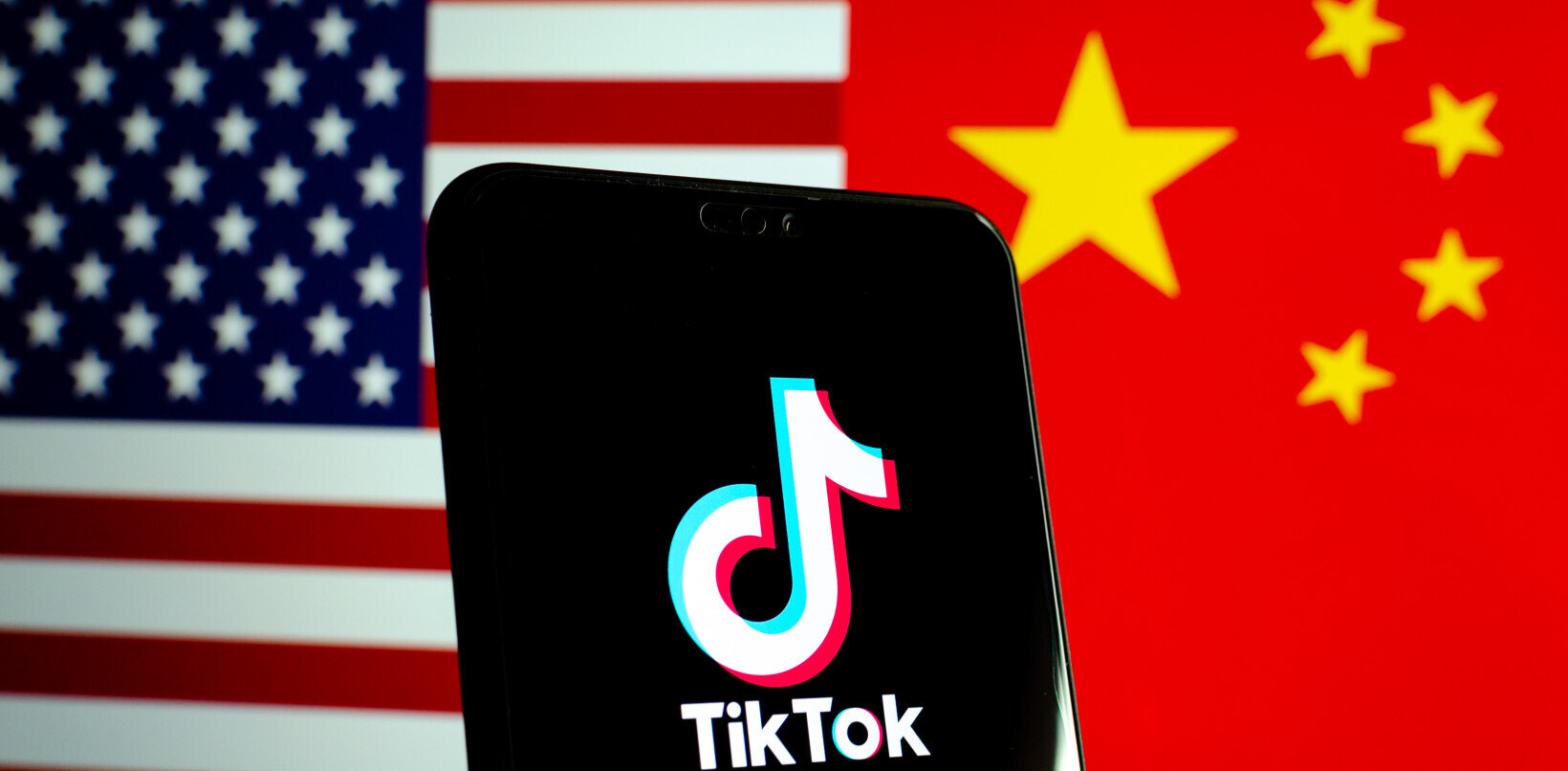
 Tr.im, perhaps the loudest of the small URL shortens has stopped shorting URLs today, at long last.
Tr.im, perhaps the loudest of the small URL shortens has stopped shorting URLs today, at long last.
We all recall their history of screaming bloody murder when Twitter picked Bit.ly as heir apparent to the venerable TinyURL, their attempted self sale, their open source fling, and now their demise. Rollicking tale.
But it raises a larger questions than just what effect of king-making Twitter has on the third-party Twitter application community. What are we, the webs application users of the world, to make of the smaller apps online? There are so many, often wonderful, web applications that just never hit critical mass. They just don’t make it.
So when they fold up, ala Tr.im, we are often left with lost data, lost application connections, lost preferences, and are forced to jump ship to their larger competitor that we had possibly been avoiding due to a certain flaw (that we find) in their product. We are forced up the size scale, if you will.
What does this do to smaller applications? It makes everyone hesitant to use the smaller products, making the small app creators have an even more difficult time finding their audience. This moves against the democratization of, well, everything online. I have an idea.
We need a more formal app/user guideline, that everyone could come together and create. It would outline certain expected standard of data portability and shut down procedures to ensure that everyone can use applications with at least some level of assurance that their stored data is safe, and mobile.
That we do not have something like this means that when another Magnolia comes around, we will be able to say nothing more than “well, damn.”
This would help both application developers and users. Users feel more comfortable (because they are safer) using smaller apps away from the mainstream, meaning that developers can more quickly find and grow an audience of users. More small apps from more developers means that more seeds are planted to eventually grow the next big applications.
At least if you are a developer, outline to your users what will happen if eventually you decide to shut down your application. Being upfront is always better. Especially if you are a new app with a small group of hardcore users. Let them know the whole plan, including the bad points. They will appreciate your honesty.
Goodbye Tr.im, we will miss you. Let’s just hope that the shutdown goes smoothly.
Get the TNW newsletter
Get the most important tech news in your inbox each week.




